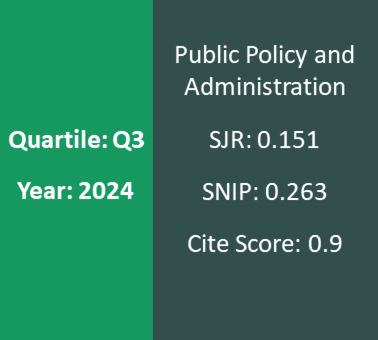Principle of Tax Justice and Tax System
Keywords:
Principle of Tax Justice and Tax SystemAbstract
Beyond any doubt, the division of tax charges should be just and, thus, the tax legislation, similarly as
the tax system, should be established so as to meet the standard of justice. However, the ethic standard of
justice causes significant complications in the legislative practice. These mainly result from the fact that
there is no confidence in the idea of just taxation. The reasons why the principle of just taxation cannot be
trusted are different for the legislator and different for the taxpayer. The legislator’s distrust stems, above all,
from fear that it might not be possible to connect the just taxation with effectiveness in fulfilling the income
function. In the legislative practice a strong wrong belief continues to be shared that the just taxation
amounts to the reducing of tax proceeds. Whereas the fear of the taxpayers that the system of tax charges
applies to results from their awareness which has been developed and enhanced long enough to show that
the legislator, while referring to the concept of justice, too often carries out reforms that contradict it. The tax
justice – as an argument underlying the structure of the tax system – is employed much too frequently to
mask the fiscal interest of the State, that is the effective fulfillment of the income function. What is important
just as well is the fact that the ethical postulate of just taxation can provide the legislator with grounds
to formulate various courses of action and, as a result, various tax law solutions.
There is a variety of tax rules that can be deemed to incorporate the postulate of justice [1]. However, a
more complicated question arises whether the legislator can put the just taxation into practice by referring to
the idea of justice. This has always raised doubts [2].





